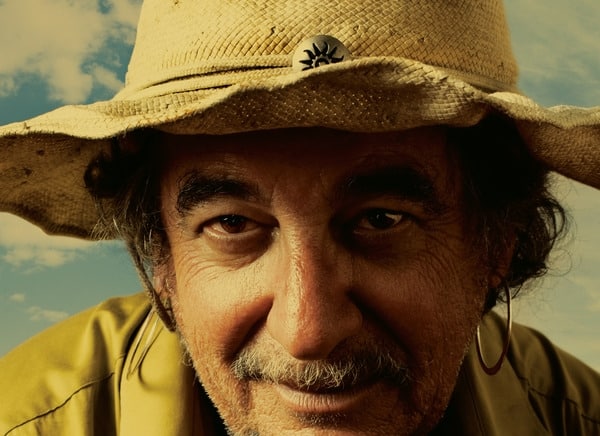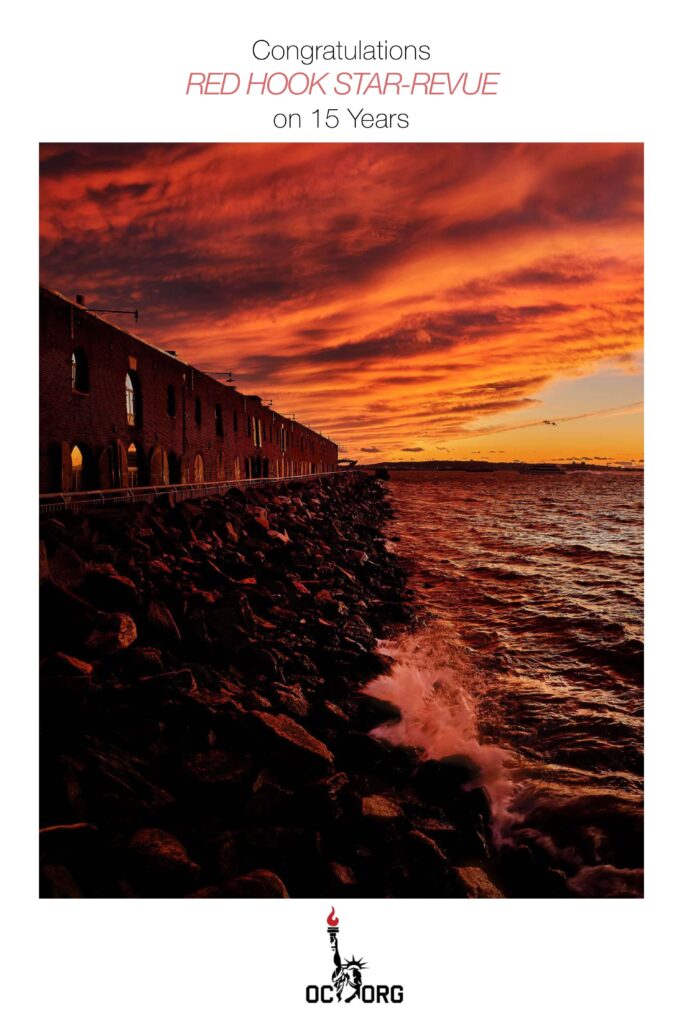Greg Brown is one of America’s most highly regarded singer-songwriters. He has released over 30 critically acclaimed albums and was a regular performer on A Prairie Home Companion in the 1980’s.
Brown’s work has always had a literary quality. His mother taught him to play guitar and raised him on books and poetry. His 1986 release Songs of Innocence and Experience was set to the poems of William Blake.
Brown has won The Association for Independent Music’s award for Best Folk Album and been twice nominated for a Grammy. His songs have been covered by Ani DiFranco, Gillian Welch, and Shawn Colvin. He has three daughters and is married to esteemed sing-songwriter Iris Dement.
Most importantly, Brown writes incredibly well-crafted folk songs in a singular style. With a baritone as deep and rich as the soils of his native Iowa, Brown’s earthy anthems contrast country imagery with modern themes that are often imbued with a wry sense of humor, as in the last lines of “Whatever It Was” from his 1996 release Slant 6 Mind.
“A Native American told me this whole deal’s a mistake
And this implosion is just icing on the cake
If the Great Spirit is gambling, I’d say the con is a bigger con
I was looking for what I loved, whatever it was, it’s gone”
Live, Brown is a master storyteller and excels in spinning yarns to captivate audiences. He often uses his voice as an instrument by uttering sounds for rhythmic effect somewhat like Tom Waits. I interviewed Brown by telephone recently.
SR: As you travel around the country, how do you see the state of the nation?
GB: I think it’s just about to fall apart. It may hang on a few more years, but I don’t expect the United States to last much longer.
SR: Do you ever get any pushback for your song “Trump Can’t Have That”, and if so, how do you handle it?
GB: The crowd I draw is pretty much people who are familiar with what I do. But once in a while people walk out. I always tell them, go ahead; it’s a free country.
SR: You’re from Iowa. What’s special about that place?
GB: Southern Iowa is where I’m from, and I love that country. But most of it I wouldn’t give you a plug nickel for. It’s turned into just a big GMO factory farm place. The family farm is dead, and farms are now run by corporations. The groundwater is some of the worst in the country, and the Republican run state house and governor have turned violently mean. We’ve got the most restrictive abortion law in the country, and they did away with collective bargaining for public employees. They should change the name to “Koch State” because they’re the ones running it. Iowa’s in real bad shape. The local government is just supportive of Agra-business with no concern for education or the environment, just money. That’s the Republican agenda; that’s all they care about. If I was younger, I’d move. But I’m old, and my family and friends are here.
SR: Do you feel like you can change people with songs?
GB: Not really. Most political songs I don’t care for, including my own. But sometimes, like during the Bush years and now with Trump, I feel like I’ve got to add my little voice to choir. I think what music can do is solidify communities that are struggling, which is useful. In terms of changing hearts and minds, I don’t see that most Republicans are even open to that as a vague possibility. But I do think artists need to speak out when they’re really feeling it.
SR: Can you describe your songwriting process?
GB: It’s just a part of my life; it’s not a separate thing. I don’t have any certain hours. I play and sing a lot and try to be ready if anything shows up.
SR: What inspires you these days?
GB: I’ve been listening to a series of CDs called “The Secret Museums of Mankind”, which are recordings from around the world when recording first started. It was before the recording industry existed, so there’s a freshness and spontaneity that I really enjoy. Really beautiful stuff.
SR: I know you grew up in a musical family, your father was a Pentecostal preacher, and your mother was an English teacher. What did you learn from them?
GB: Certainly the old hymns. And the music I grew up playing with my grandparents, which was mostly Appalachian style fiddle and banjo music. That music had a lot of spunk and a rough and ready quality to it that I still really enjoy. All that had a big effect on what I do.
SR: Do you have any new projects in the works?
GB: I might, but recording has become problematic because you don’t get paid with streaming now in place. CDs are dying. So, it’s a little bit like asking a plumber to come fix your toilet and then saying, “see ya.” So, unless you’re touring a lot, which I’m not, in fact I’m going to stop touring after my birthday, there’s not a big reason to put CDs out. You can sell some at gigs, and they kind of work as promo for musicians for their shows.
I feel bad for the younger musicians because when I was coming along you could make a living, but it’s getting harder and harder for the younger ones. It’s really all on the internet now. You’ve got to get a presence there, because that’s what’s happening. But yeah, I might make a few more.
SR: I know vinyl is one of the only sectors where there’s been growth in sales.
What’s your take on that?
GB: I love records. To me they sound better than anything else. You put the needle in the groove, and the air moves. It’s hard to top that with a bunch of 1’s and 0’s.
SR: What’s the folk music scene like today? Are there other new musicians you like?
GB: Well, I don’t really listen to much new stuff, honestly. But there’s a guy named Malcolm Holcombe from North Carolina. I really love what he’s up to. He’s about my favorite acoustic singer-songwriter. There’s nobody like Malcolm.
SR: Looking back, how do you view your long career?
GB: It was hard getting going. I didn’t really start making a living until I was about 30. But I’m really glad I chose this path. It came real natural to me, so I just went with it. I’ve been really lucky to have a working life doing something I love. I feel really grateful.
SR: I know you spent time in New York when you were young. What was that like?
GB: I started out in New York when I was 19 playing at Gerde’s Folk City. It was a big eye opener for me; I was just a hick from the woods. So, I learned a lot hanging around New York.
SR: Are there places where your music resonates most?
GB: Each crowd is different. People are quieter in New England and more raucous in California. You’ve just got to hook up with the people wherever you are and try to get your deal across. I like all the parts of the country in terms of playing.
SR: Any new year’s resolutions?
GB: Laughs. Nah, I haven’t even thought of that!
Greg Brown will be performing at City Winery Saturday, February 9 with his longtime guitarist Bo Ramsey. Don’t miss this rare occasion to see one of America’s living legends. For more information, see www.gregbrownmusic.org
Author
Discover more from Red Hook Star-Revue
Subscribe to get the latest posts sent to your email.










